



We know that all farmers are concerned about the environment and generating enough food production to feed the world. You also want healthy soils, healthy crops, and, let’s face it, a healthy ROI!
Water and Carbon Capture!
Soil Health: Remediate sodic and salinic soils, minimize crusting and compaction, sequester heavy metals and eliminate aluminum toxicity. Improve porocity in soil, enhancing fertilizer and water infiltration. Provide needed macronutrients calcium and sulfate.
Water Management: The improved porosity enhances the infiltration of water during rainfall and irrigation. This can reduce irrigation water requirements by up to 30% and prevent the runoff of water, and fertilizers, post rainfall – minimizing algae blooms in nearby waterways.

Your questions answered using high-purity EcoGEM Soil Enhancer with Calcium Sulfate Dihydrate:
- Q. I have soil high in sodium and/or magnesium. How do I correct that issue?
- A. EcoGEM’s Soil Enhancer, primarily made of Calcium Sulfate Dihydrate, is a known natural solution for improving sodic soils. Ideal soil structure has a 16-1 ratio of Calcium to Sodium and an 8-1 ratio of Calcium to Magnesium. Soils with high concentrations of sodium and magnesium will disperse clays, resulting in poor soil structure which in turn causes problems with water permeability. EcoGEM Soil Enhancer, a high-quality source of Calcium, causes the Calcium to replace the high Sodium and high Magnesium, correcting the soil’s permeability problems. The product will leach sodium as sodium sulfate which reduces swelling and cracking in destructive high sodium and magnesium soils.

- Q. My soil is very bulky, compact and/or is crusty. How can I repair that?
- A. EcoGEM’s Soil Enhancer flocculates the soil – binds the clay into loosely aggregated pods, which decrease soil bulk density. This creates microscopic channels which improves air movement, facilitates root growth, and enhances water infiltration. The improved water infiltration will also reduce irrigation water requirements.




- Q. I am an organic farmer and cannot place any fertilizers or other chemicals on my field. Can you help me increase my crop yield?
- A. EcoGEM’s Soil Enhancer is certified for Organic use by OMRI
- Q. How can I ensure my fertilizer reaches the root zone?
- A. EcoGEM’s Soil Enhancer increases the soil infiltration rates by 3-5 times over non-treated soils by flocculating the soil. This will help the fertilizer penetrate the surface and help hold nutrient residues in the root zone thus maximizing the fertilizer’s efficacy. Additionally, by ensuring the fertilizer reaches the root zone, EcoGEM’s Soil Enhancer reduces the water runoff containing expensive fertilizers and pesticides to non-farmable areas and waterways.
- Q. My irrigation water is high in salts and chlorine which damages my soil. Is there a way to reduce these minerals and chemicals?
- A. EcoGEM’s Soil Enhancer replaces mineral salts and chlorine found in most irrigation water (high in bicarbonates) which makes these salts insoluble, preventing their absorption into the plant.
- Q.My soil is crusty and following a heavy rainfall or irrigation, I have ponding followed by water/phosphorous and nitrogen runoff. How can I minimize that runoff?
- A. EcoGEM’s Soil Enhancer reduces this runoff, as well as erosion and soil crusting by binding clays into smaller loosely aggregated pods that create microscopic channels which improve air movement, facilitate root growth, and enhances water infiltration. This improves the permeability and absorption of water, leaving less surface water to runoff and take the fertilizer with it. This is an excellent solution for no-till farming where the problems of runoff, erosion and crusting are common.
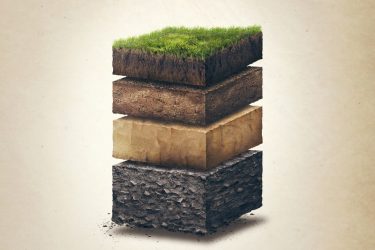
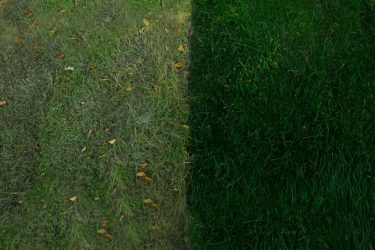
- Q. I am trying to reduce my fertilizer usage and reduce overall costs as a result while improving the environment. How is it possible to do that?
- A. EcoGEM’s Soil Enhancer is highly effective when used with other fertilizers like nitrogen, phosphorous, potassium, and lime. With regular use, EcoGEM’s Soil Enhancer improves the porosity of the soil allowing more of the fertilizer you do use to reach the root zone. This can help you reduce fertilizer requirements because they are being more efficient, therefore providing the same yield results with lower costs.
- Because EcoGEM Soil Enhancer can reduce water usage by up to 30%, you can also save on costs for irrigation water.
- According to Daniel Davidson, Ph.D., Agronomist, “In irrigated agriculture worldwide, the number one issue that growers are facing are soil structure related problems…there are specific problems for plant growth and production in saline and sodic soils; especially poor soil structure which limits water and air filtration, and root penetration into the soil. Reclamation of these soils requires the leaching of exchangeable sodium and other harmful salts from the root zone. The only way to accomplish this worldwide is with the application of Calcium Sulfate products.




- Q. My soil is compacted and/or crusty. This causes puddling after rainfall or irrigation. I want to minimize this to ensure water is not lost to evaporation or runoff.
- A. EcoGEM’s Soil Enhancer reduces puddling, ponding, and wet spots because it improves water penetration into the soil and infiltration to the lower root zone. This captures the water below the surface and minimizes the puddling storing the water for plant use and allowing you to have access to fields much quicker in wet conditions.
- Q. My costs are sky rocketing. I need to reduce input costs but maintain yields. How do I do this while applying your product, which has a cost too?
- A. EcoGEM’s Soil Enhancer can deliver cost savings in three critical areas: 1) Reducing the use of expensive fertilizers, like NPK, by creating microscopic channels in the soil that maximizes fertilizer infiltration, thus making the fertilizer more efficient and allowing you to use less fertilizer for the same results. 2) Improving water infiltration and storing the water below the water surface reducing the amount of water needed for irrigation – more of it will be available to the plant roots for a longer period of time. 3) Improving soil health requiring less time in the field, less wear and tear on your equipment, and less tilling.

- Q. I’m hearing a lot about Carbon Capture and other greenhouse gasses. Can your product help me capture carbon or other greenhouse gasses?
- A. Plants take up Carbon Dioxide through photosynthesis and convert the CO2 into carbohydrates that move through the plant root system into the soil. Microbes in the soil process carbohydrates, release CO2 back into the atmosphere, and store carbon in soil aggregates. Adding Calcium Sulfate Dihydrate to soil improves the soil structure which increases organic matter activity and root systems creating healthier plants and helping the soil capture more carbon. Because EcoGEM’s Soil Enhancer improves the soil’s health which creates healthier plants more carbon can be captured.
- This is important, because carbon capture can become a new revenue stream for you. You will need to demonstrate verifiable improvements in carbon capture. EcoGEM’s Soil Enhancer is an enabler to help you do so.
EcoGEM Soil Enhancer enhances sustainable farming. It promotes soil health, crop health, minimizes water usage, helps mitigate against erosion, and helps capture greenhouse gasses.
EcoGEM’s Soil Enhancer is a natural mineral and certified for organic use by OMRI and is approved for organic crop use according to National Organic Program (NOP) regulations.

Chances are it is an appropriate way to improve the health of your soil, since it has been used in agriculture over hundreds of years for nearly all crops and Calcium Sulfate Dihydrate is currently applied extensively in many areas of the world.
Once you have reviewed the science and discussed your soil situation with one of our representatives, EcoGEM Agronomists will review your soil analysis and recommend the proper application rates.
Gypsum, or Calcium Sulfate Dihydrate, is approved by the USDA’s NRCS as a Best Practice, #333 . In some states EQIP members may be eligible for reimbursements for its use.
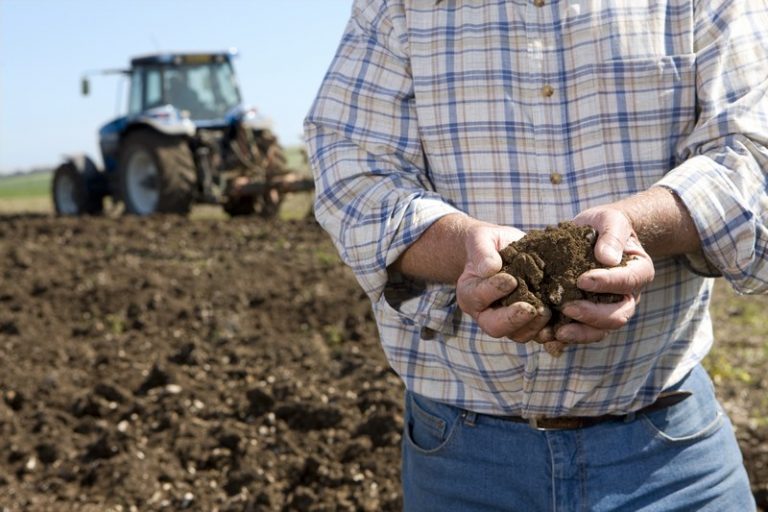





Soluble vs Insoluble Calcium Sulfate Dihydrate
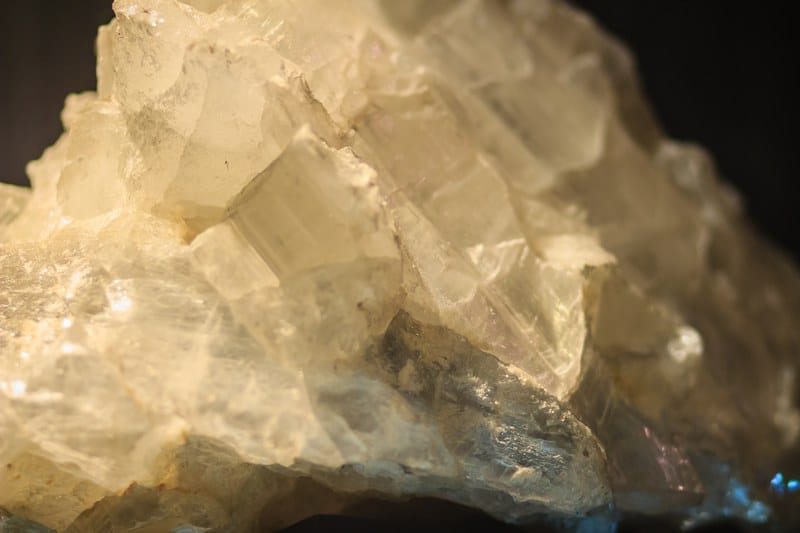

- I am being told that there is already a lot of calcium in my soil. Why should I apply more?
- Not all calcium is soluble. Calcium Carbonate – Limestone -, for example, is not soluble. As a result, this insoluble calcium is not available to the plant’s roots – it cannot be absorbed by the plant – and, therefore, cannot provide the vital nutrient of calcium to the plant.

- If you are requesting a soil analysis, request a test for active or soluble or extractable calcium. Without extractable calcium your plants/crops will not grow as they should. The insoluble calcium is not providing any benefits to your plant/crop.
- Both gypsum (Calcium Sulfate Dihydrate) and anhydrite (Calcium Sulfate) have the same solubility of 0.205 grams per 100 grams water (2019 CRC Handbook of Chemistry and Physics). This has also been verified by many field trials by soil scientists, agronomists, and western farmers. The solubility of 0.205 grams per 100 grams water equates to: 0.205 grams/100 grams water = 0.0171 pounds per gallon = 5,575 pounds per acre foot water. Therefore, the maximum solubility of gypsum or anhydrite in one acre foot water (325,851 gallons) is 5,575 pounds.

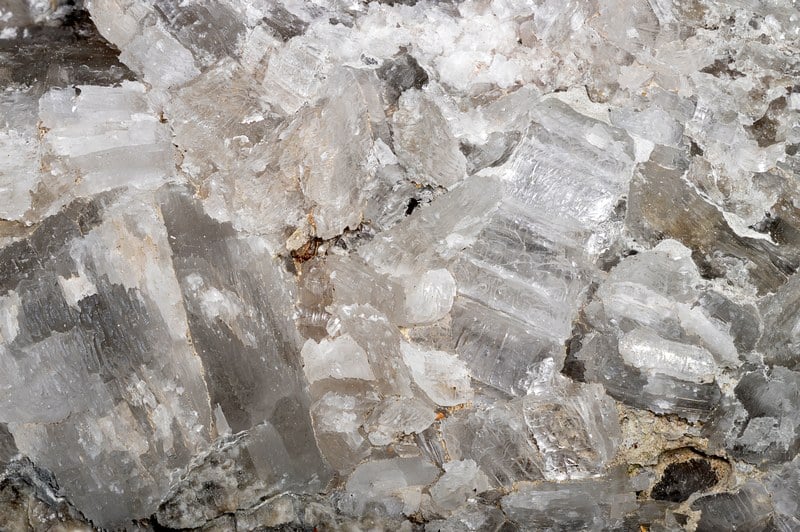


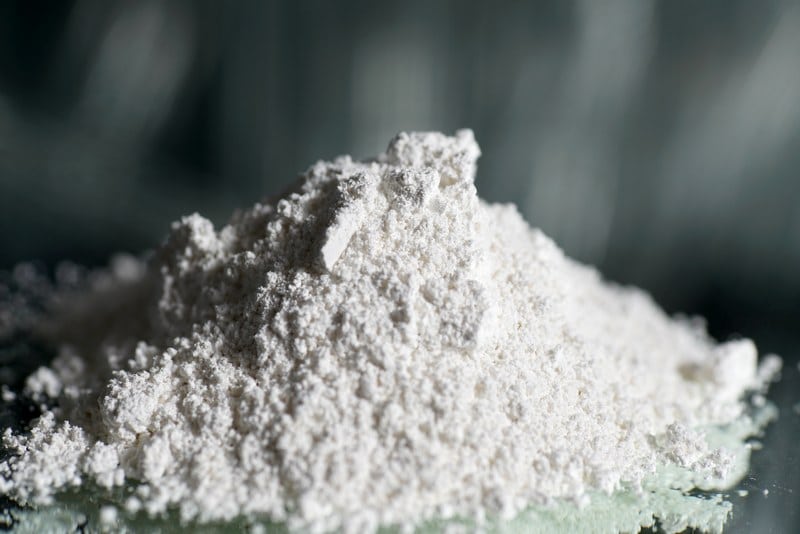

-
- Both gypsum (Calcium Sulfate Dihydrate) and anhydrite (Calcium Sulfate) have the same solubility of 0.205 grams per 100 grams water (2019 CRC Handbook of Chemistry and Physics). This has also been verified by many field trials by soil scientists, agronomists, and western farmers. The solubility of 0.205 grams per 100 grams water equates to: 0.205 grams/100 grams water = 0.0171 pounds per gallon = 5,575 pounds per acre foot water. Therefore, the maximum solubility of gypsum or anhydrite in one acre foot water (325,851 gallons) is 5,575 pounds.

- Limestone (calcium carbonate) is 150 times less soluble than gypsum and effectively insoluble. This means it provides no direct benefits to the plant, although Limestone is very necessary in acidic soils, and should never be used if soil pH is above 6.4.
- EcoGEM Soil Enhancer Ag Grade is a dihydrate with small particle size and will provide your soil with extractable, soluble Calcium without impacting your pH. .

Soil Health
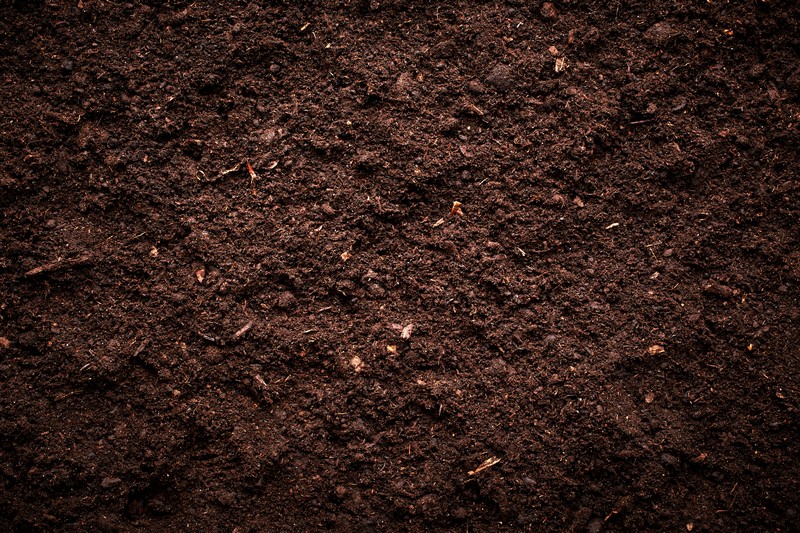
At EcoGEM, we are passionate when it comes to all things related to soil health. Soil is the foundation of all basic ecosystem function. With soil health products, your plants will require less irrigation water while maintaining or improving yields. When you use less water, your costs decrease and your plants become more productive.
After using our soil health products, your soil will be able to hold more water. Using a soil enhancer for your soil health and replacing with calcium sulfate dihydrate, your soil will be leachable and promote better crop growth. This is essential since soil filters our water, provides essential nutrients to our crops and forests and helps regulate the earth’s temperature.
Additional benefits from using soil health products includes:
- Roots grow deeper with soil health
- Improve soil with soil health products
- Promote better crop growth with soil health
- Conserve irrigation water with soil health
Get in touch with EcoGEM for your questions about soil health.
(303) 500-6944
Calcium Sulfate Dihydrate
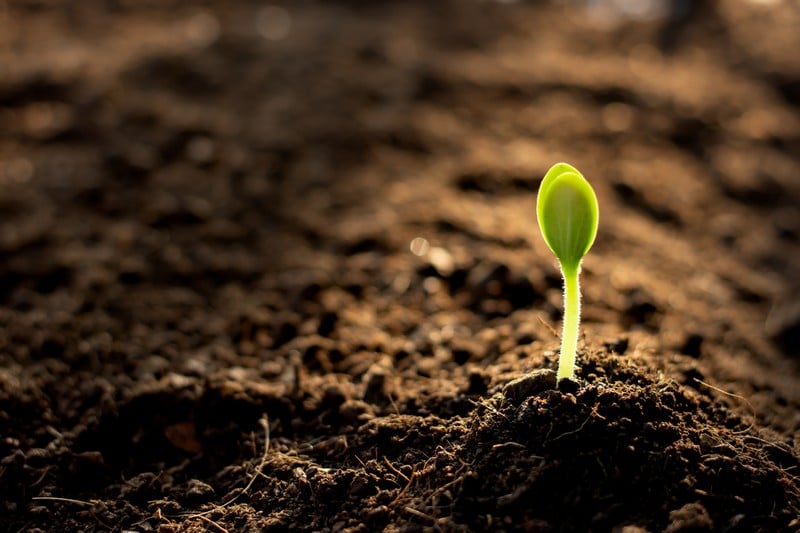
Everything begins with soil. With a healthy soil, it supports stronger, more resilient plants. Calcium sulfate dihydrate, or otherwise known as gypsum, improves soil structure, reduces nutrient runoff and so much more. As water becomes scarce, there needs to be solutions to decrease water usage for soil. This is where calcium sulfate dihydrate comes into the picture.
Calcium sulfate dihydrate is an important nutrient and works in nutrient uptake. Root development slows down and nutrient uptake decreases without adequate levels of calcium. By using calcium sulfate dihydrate, your plants will benefit with cell division, soil wall development, enzyme activity, starch metabolism and so much more.
Calcium sulfate dihydrate is used in many ways. Some of these ways would include:
- Calcium sulfate dihydrate improves acid soils
- Calcium sulfate dihydrate treats aluminum toxicity
- Calcium sulfate dihydrate is a fertilizer
- Calcium sulfate dihydrate improves soil structure
For any questions you may have regarding why calcium sulfate dihydrate is beneficial for your soil, call EcoGEM.
(303) 500-6944
Soil Enhancers
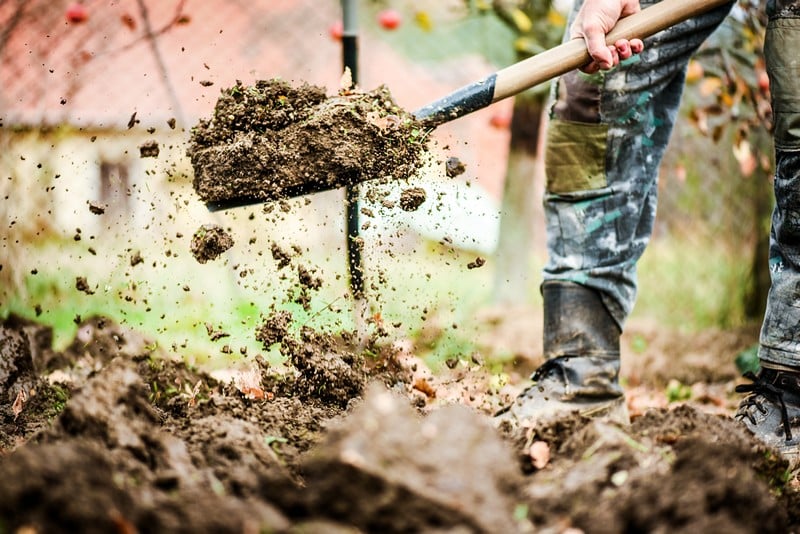
Our Soil Enhancers contain high-quality, natural calcium sulfate dihydrate among other proprietary ingredients that are beneficial to soil health. Soil Enhancers have many properties that ultimately help soil health to be more efficient and more productive. The goal of our Soil Enhancers is to ultimately provide a better environment for the roots.
Soil Enhancers are added to soil to change and improve the soil health. Soil Enhancers can affect the availability of plant nutrients that occur naturally or that are added by other things like fertilizer.
Our Soil Enhancers are a vital part of a proper nutrient plan, along with other soil health management practices. These practices would include:
- Soil Enhancers for crop rotation
- Soil Enhancers for cover crops
- Soil Enhancers for mulching
- Soil Enhancers for pest management
Contact EcoGEM today for your questions about our Soil Enhancers.
(303) 500-6944

